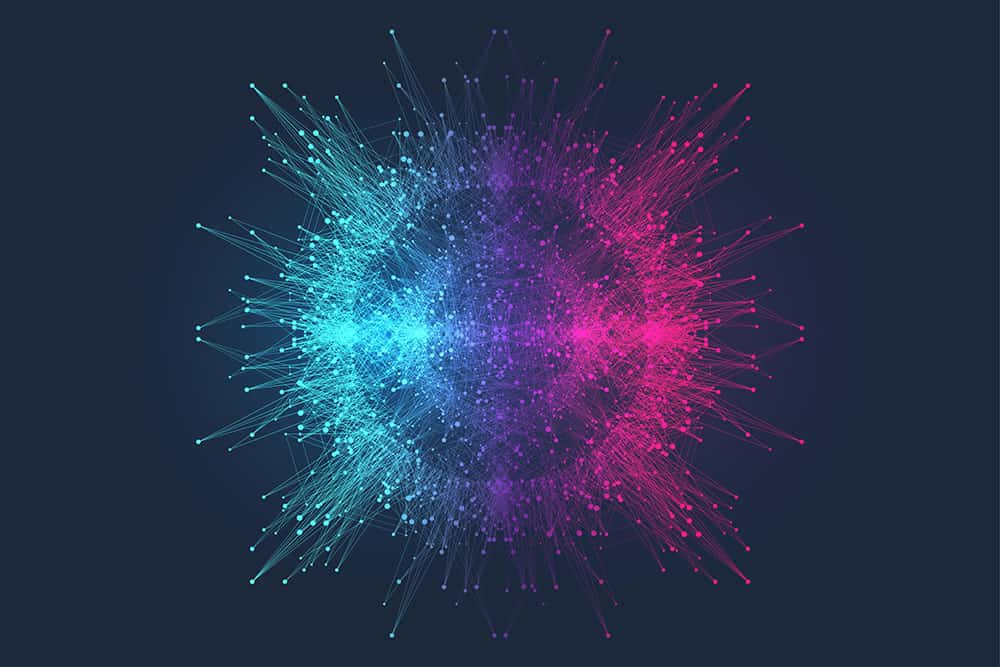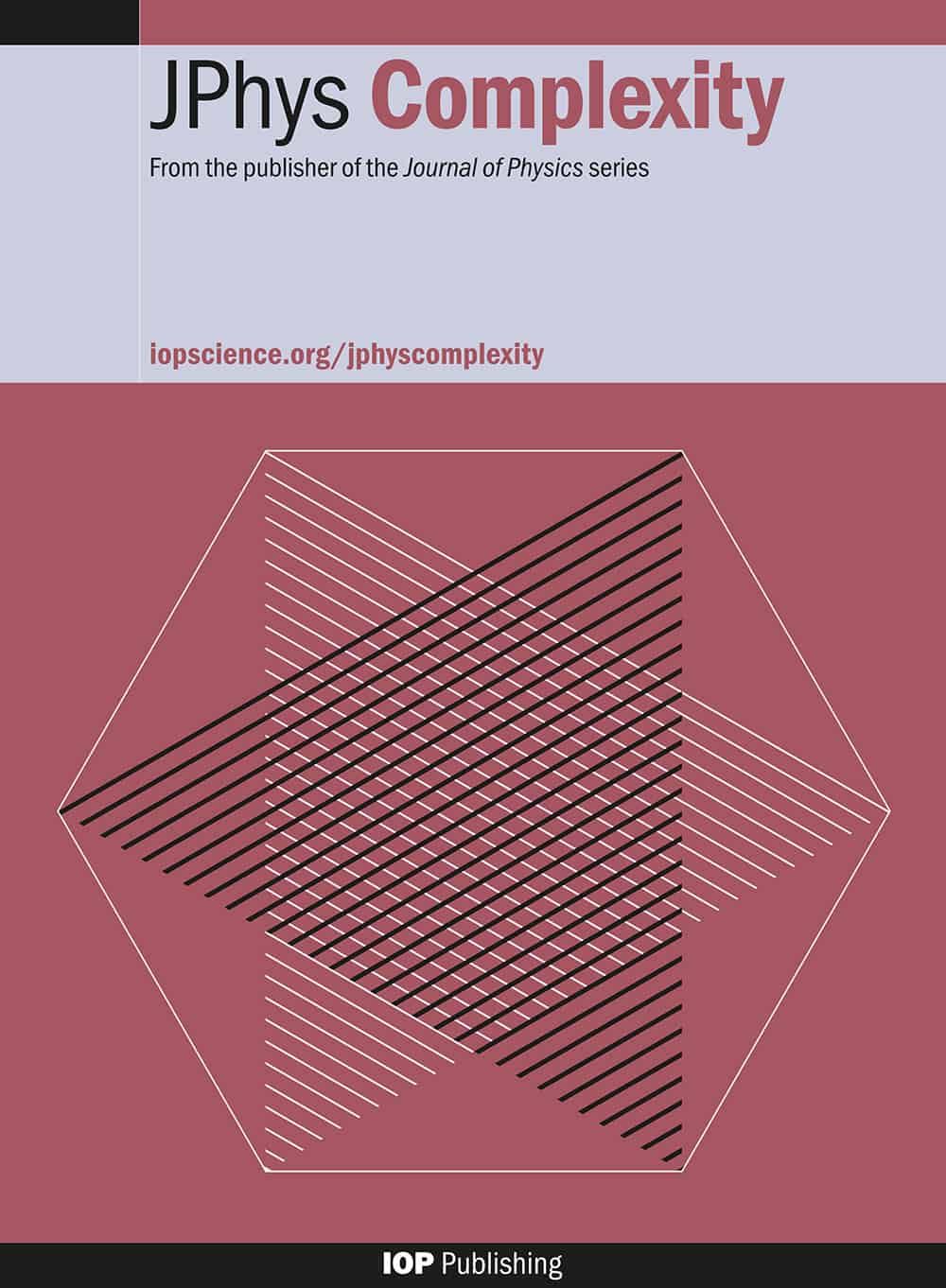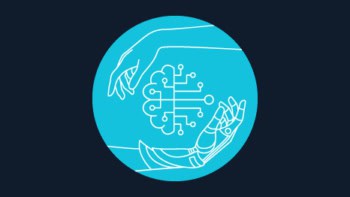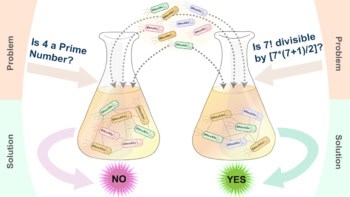Available to watch now, the IOP Publishing journal JPhys Complexity, explores the role that complex systems science play in connecting information processing and computing
Want to learn more on this subject?
The area of information processing and computing is highly fractionalized. It covers sub-fields in machine learning, neuroscience, physics, mathematics, computer science, engineering, biology, social sciences, and more. Not only digital computers, but also organisms, brains, nonlinear physical, quantum, and socio-technical systems, as well as artificial neural networks and many other complex systems, carry out complex information processing.
How these systems process, store and retrieve information, and how they can even learn to improve on specific tasks as an interplay of structure and dynamics are fundamental questions at the core of research in complex systems that we need to answer. Finding answers will represent the basis to a better understanding, and ultimately to designing efficient and robust complex information-processing systems.
This webinar brings together five different perspectives from this endeavour – all contributions from a JPhys Complexity focus issue of the same name – and aims to explore the role that complex systems science play in connecting the various involved fields.
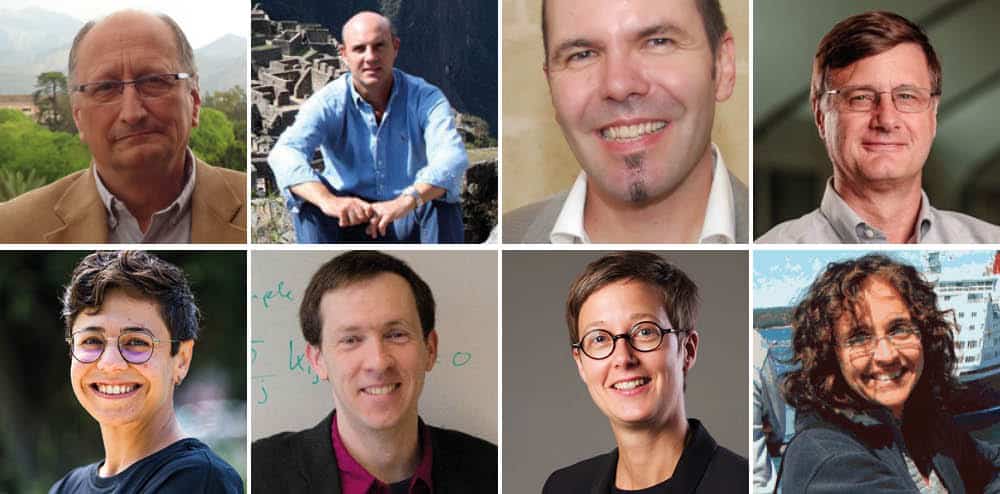
Chairs
Maxi San Miguel, Claudio Mirasso and Ingo Fischer, IFISC (Institute for Cross-Disciplinary Physics and Complex Systems), Spain.
Speakers
Daniel Gauthier, professor of physics and professor of electrical and computer engineering at The Ohio State University, with a wide variety of research interests including quantum computing, quantum key distribution, and dynamics of complex networks.
Hiba Sheheitli, postdoctoral researcher at Institut de Neurosciences des Systèmes (INS) – Aix-Marseille University, France, with a current research focus on dynamical systems analysis and modelling of whole brain nonlinear dynamics.
Marc Timme, strategic professor and chair for Network Dynamics at TU Dresden, working on developing our understanding of the collective nonlinear dynamics of networks, with applications including biological and bio-inspired technical systems, future mobility and network economy and sustainability.
Karoline Wiesner, professor of complexity science at University of Potsdam, Germany, looking at developing information theory to study the dynamics of complex systems, with applications ranging from physics and biology to social systems.
Roberta Zambrini, tenured researcher at the Institute for Cross-Disciplinary Physics and Complex Systems (IFISC), Spain, with interests including complex and open quantum systems, synchronization, quantum networks, quantum optics and more recently quantum machine learning.
Want to learn more on this subject?
JPhys Complexity is a new, interdisciplinary and fully open access journal publishing the most exciting and significant developments across all areas of complex systems and networks.
Editor-in-chief: Ginestra Bianconi, Queen Mary University of London, UK.
